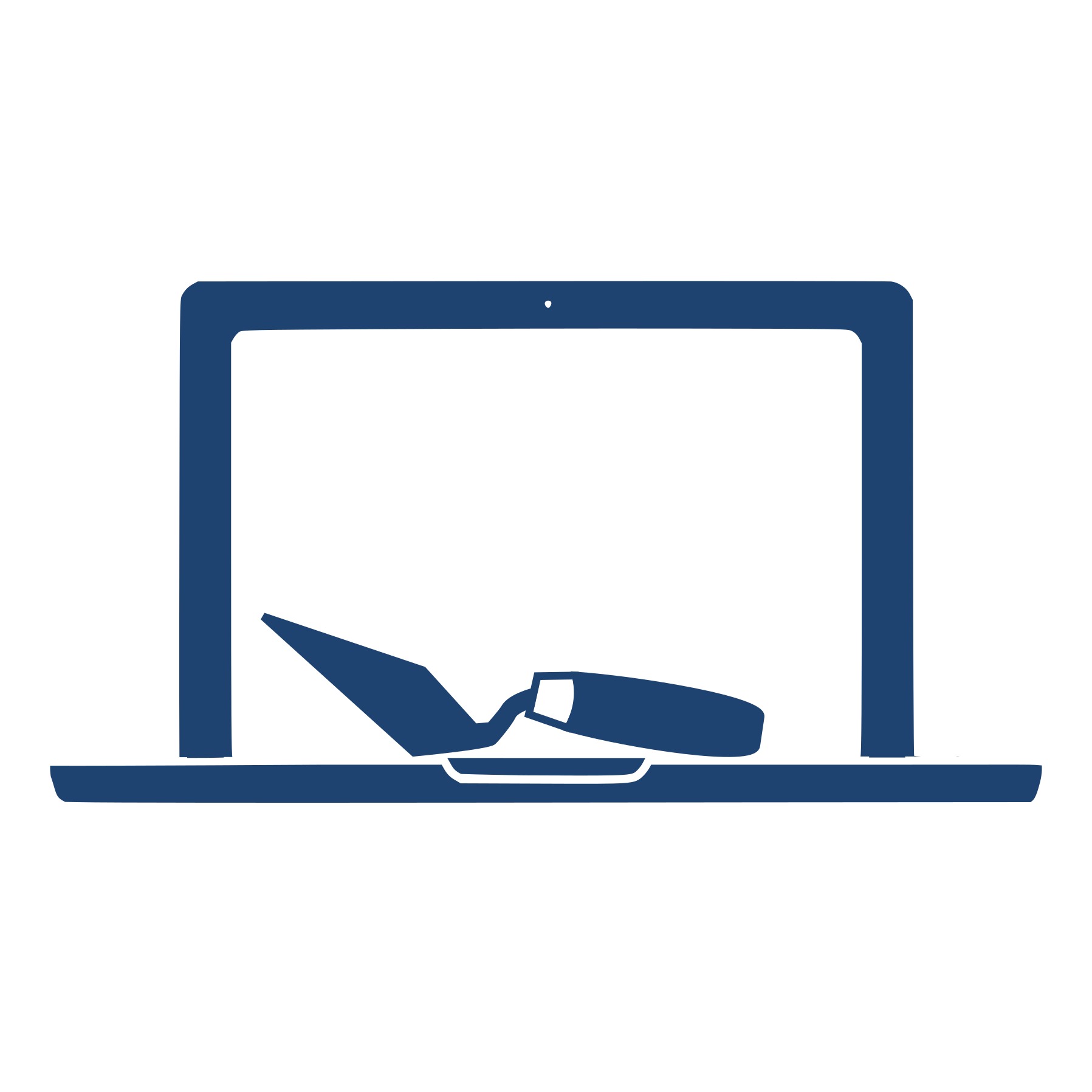
Registration Closed!
Advanced Archaeological Digital Data Management
When: February 28, 2018 2:00-4:00 PM ET
Duration: 2 hours
Certification: RPA-certified
Pricing
Individual Registration: $99 for SAA members; $139 for non-members
Group Registration: $139 for SAA members; $179 for non-members
Francis P. McManamon is the Executive Director of the Center for Digital Antiquity at Arizona State University. Issues and topics related to the management of archaeological data and information are among his professional focuses. Digital Antiquity develops and maintains tDAR (the Digital Archaeological Record), an international repository for data and documents related to archaeology and other kinds of cultural heritage.
Leigh Anne Ellison is the Program Manager at Digital Antiquity, where she has carried out and overseen many digital curation projects. She also is an experienced advocate for the long-term preservation and access to archaeological data. She received her Master’s degree in Anthropology from Northern Arizona University. She has conducted archaeological investigations in Mexico, Honduras, the Pacific, and the American Southwest.
- Briefly discuss the importance of effective and efficient management for digital archaeological data;
- Outline good principles and practices of data management; and
- Explore these principles in depth by look at the interrelated aspects of data management: storage, archiving, preservation, and curation.


